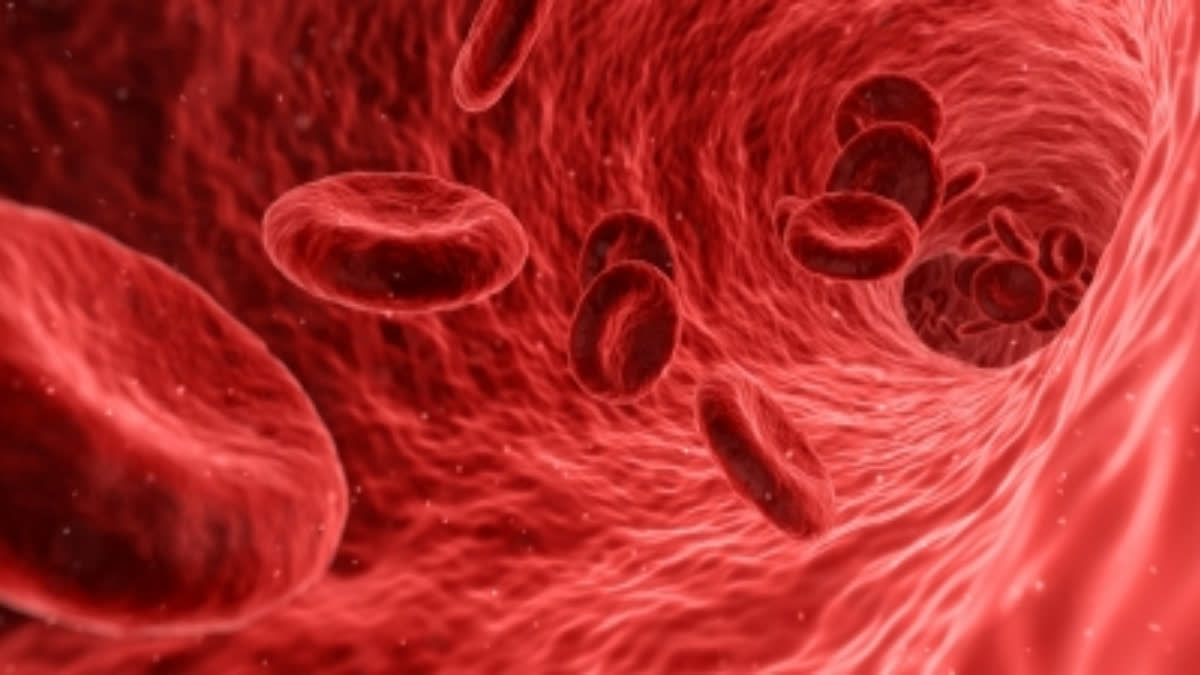Sydney: An injection of a specific blood platelet can replicate the benefits of exercise in the brain, suggests pre-clinical trials in mice.
A team from University of Queensland discovered platelets, the tiny blood cells critical for blood clotting, secrete a protein that rejuvenates neurons in aged mice in a similar way to physical exercise. “We know exercise increases production of new neurons in the hippocampus, the part of the brain important for learning and memory, but the mechanism hasn’t been clear,” said Dr Odette Leiter from UQ’s Queensland Brain Institute. “Our previous research has shown platelets are involved, but this study shows platelets are actually required for this effect in the aged mice," Leiter added.
In the study, published in the journal Nature Communications, the researchers focused on exerkines, the biological compounds released into the bloodstream during exercise, which are believed to stimulate the exercise-induced response in the brain. “We discovered that the exerkine CXCL4/Platelet factor 4 or PF4, which is released from platelets after exercise, results in regenerative and cognitive improvements when injected into aged mice,” Dr Leiter said. According to Dr Tara Walker, from the Institute, the findings have significant implications for the development of drug interventions.
